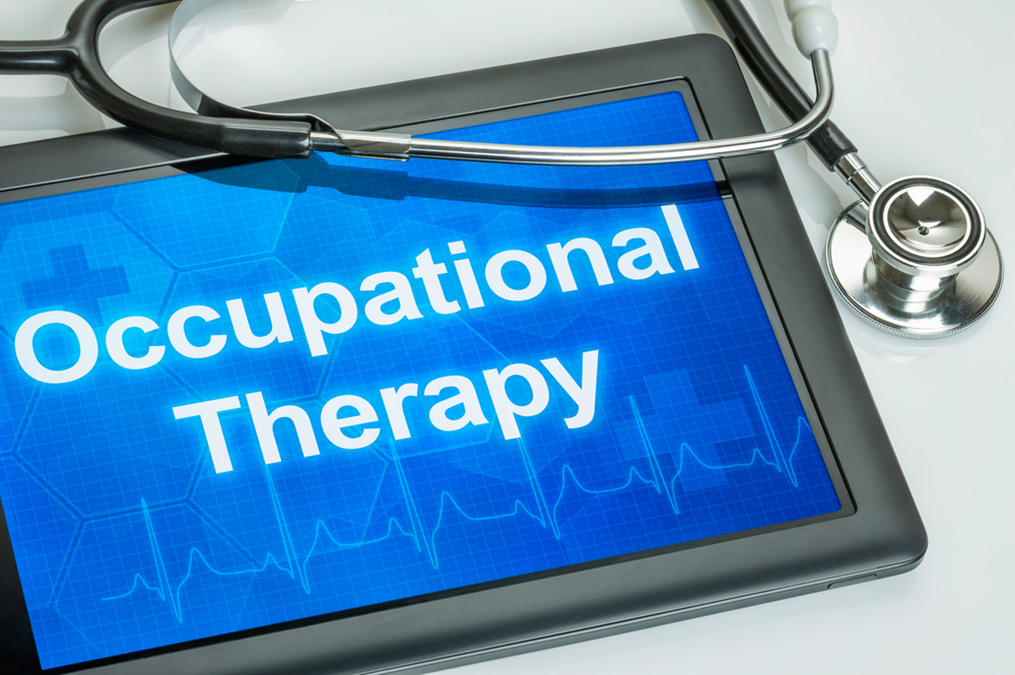 A new study published in the journal Diabetes Care proves that people with diabetes can drastically improve, or even cure their disease, without medications if given the right information and management tools.
A new study published in the journal Diabetes Care proves that people with diabetes can drastically improve, or even cure their disease, without medications if given the right information and management tools.
Although this is of course no news to us natural health researchers who have been supporting people to do this for decades, it’s a great victory to have this acknowledged.
Scientist identified 81 adults in their early 20s with type 1 or type 2 diabetes. All of the subjects were from low socio-economic backgrounds, and all were English or Spanish speakers from Los Angeles County.
The researchers divided the subjects into two groups:
– One to receive an occupational therapy program
– The other to receive general educational material
The occupational therapy program they tested was called Resilient, Empowered, Active Living with Diabetes (or REAL Diabetes, for short).
It consisted of a manual with seven activity-focused chapters: (1) assessment and goal-setting, (2) living with diabetes, (3) access and advocacy, (4) activity and health, (5) social support, (6) emotions and well-being, and (7) long-term health.
The contents of the chapters were very practical and focused on specific steps towards behavior change.
An occupational therapist worked through one chapter with the subjects biweekly to make the process interactive.
The general educational group received standardized educational material together with a biweekly phone call.
The researchers, who did not know which participants received which program, were responsible for assessing the subjects hemoglobin A1c levels (their average level of blood sugar over the past two to three months), their diabetes self-care, their diabetes-related quality of life, their diabetes distress, their depressive symptoms, and their life satisfaction.
All subjects were tested at the beginning of the study and again after six months to check whether there was an improvement.
After six months, the REAL Diabetes program group showed a significant more improvement in hemoglobin A1c, in diabetes-related quality of life, and in habit strength for self-monitoring blood glucose.
The fact that both programs included the same amount of human interaction suggests that human interaction was not the reason for the effectiveness of the REAL Diabetes program.
The authors speculated that the REAL program’s success was due to its ability to build healthy goals and habits in the participants.
This shows that given the right information and tools, people can move mountains.

 Overcoming IBD
Overcoming IBD Multiple Sclerosis
Multiple Sclerosis Banishing Bronchitis
Banishing Bronchitis Gum Disease Gone
Gum Disease Gone Overcoming Onychomycosis
Overcoming Onychomycosis Neuropathy No More
Neuropathy No More The Prostate Protocol
The Prostate Protocol Brain Booster
Brain Booster
 Ironbound
Ironbound
 Solution for Shingles
Solution for Shingles
 The Bone Density Solution
The Bone Density Solution
 The Ultimate Healing Protocol
The Ultimate Healing Protocol
 The Parkinson's Protocol
The Parkinson's Protocol
 The Chronic Kidney Disease Solution
The Chronic Kidney Disease Solution
 Overthrowing Anxiety
Overthrowing Anxiety The Fatty Liver Solution
The Fatty Liver Solution The Hypothyroidism Solution
The Hypothyroidism Solution
 The End of Gout
The End of Gout The Blood Pressure Program
The Blood Pressure Program
 The Oxigized Cholesterol Strategy
The Oxigized Cholesterol Strategy
 Stop Snoring And Sleep Apnea Program
Stop Snoring And Sleep Apnea Program
 The Arthritis Strategy
The Arthritis Strategy The Vertigo & Dizziness Program
The Vertigo & Dizziness Program The 3-Step Diabetes Strategy
The 3-Step Diabetes Strategy Hemorrhoids Healing Protocol
Hemorrhoids Healing Protocol The Erectile Dysfunction Master
The Erectile Dysfunction Master Weight Loss Breeze
Weight Loss Breeze The IBS Program
The IBS Program The Insomnia Program
The Insomnia Program The Migraine and Headache Program
The Migraine and Headache Program The Neck Pain Solution
The Neck Pain Solution The Menopause Solution
The Menopause Solution The Ejaculation Master
The Ejaculation Master The TMJ Solution
The TMJ Solution The Acid Reflux Solution
The Acid Reflux Solution The Fibromyalgia Solution
The Fibromyalgia Solution The Psoriasis Strategy
The Psoriasis Strategy